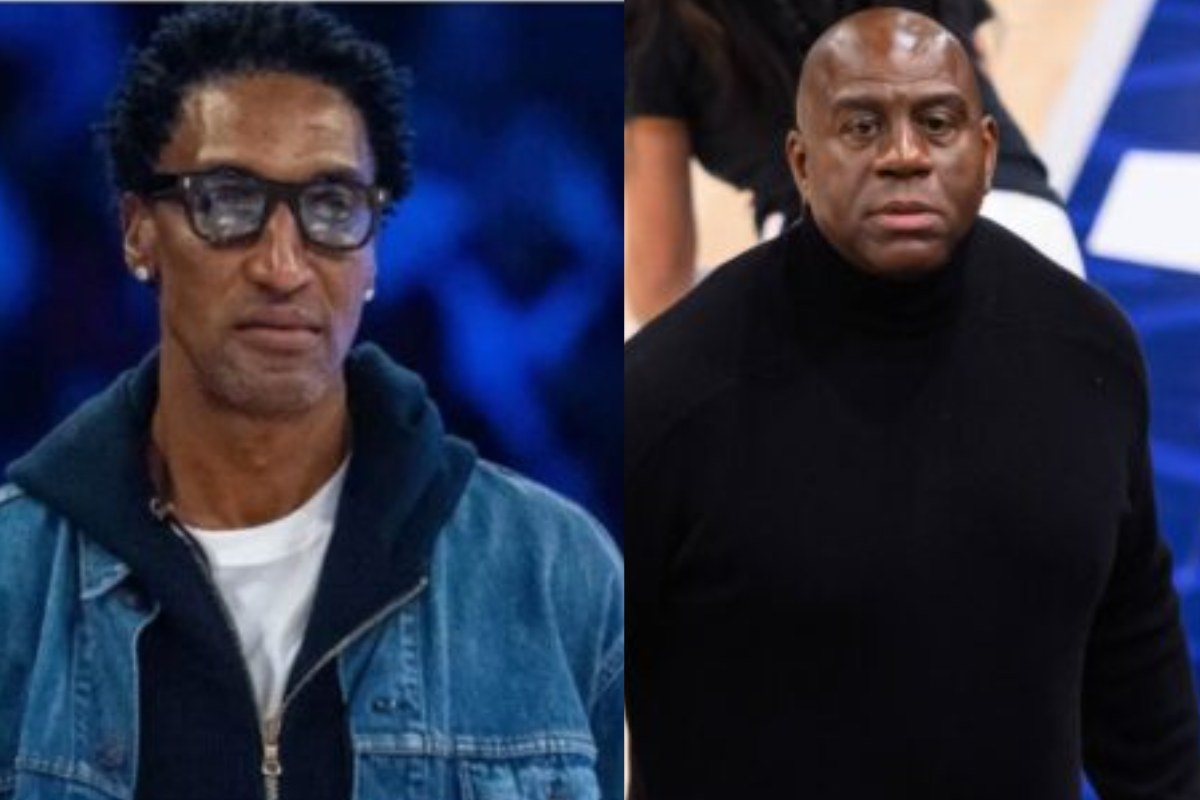
Imago
via IMAGO

Imago
via IMAGO
At first glance, the 1992 Dream Team might’ve looked like a group of basketball gods on a European vacation. You had the likes of Michael Jordan, Magic Johnson, Larry Bird, Charles Barkley, and Scottie Pippen all in one locker room—smiling for the cameras, signing autographs, and breezing past opponents. But what fans didn’t see was what went down before tip-off. Behind those gold medals was something much more intense: smoke, fire, and egos clashing in practice like it was Game 7.
Watch What’s Trending Now!
And guess what? It all paid off. Team USA didn’t just win—they flat-out destroyed every opponent, beating teams by an average of 44 points. No joke, Coach Chuck Daly didn’t call a single timeout the whole tournament. That’s how locked in they were. Out of the 12 guys on that roster, 10 ended up on the NBA’s 50 Greatest Players list. And here’s the coolest part—MJ and Scottie made history as the first players ever to win an NBA title and Olympic gold in the same year. Now that’s legendary. But for one legend and the rest of us? The real gold was what happened behind those closed gym doors.
Charles Barkley was on Pardon My Take recently and was asked about those legendary 1992 Dream Team practices when he dropped a bomb. According to him, the energy in those scrimmages wasn’t just competitive—it was borderline violent. “The practices were the most intense things I’ve ever been through in my life,” Barkley said. And then he laid it all out: “You had Michael and Clyde, who hated each other. You had Magic and Scottie, and Scottie had just locked Magic up in the Finals. They were trying to k— each other.”
ADVERTISEMENT
And it didn’t stop there. “You had Karl Malone and me, trying to prove who was the best power forward in the world. You had David Robinson and Patrick Ewing trying to prove who was the best center.” According to him, the real battles weren’t on the Olympic stage—they were behind closed doors.
“So the practices were—they’re the most intense thing I’ve ever been through in my life. The games were easy. But let me tell you something. Those practices were like Game Sevens there. It was incredible. The intensity, the ego… like, it was on—it was, it was, it was crazy. But that was the only time—that’s when it was tough, at practice. The games were like, ‘Hey man, we representing United States. Let’s get it done.’,” Barkley explained. And speaking of Scottie and Magic—there was real history there.

Imago
Olympiade 1992 in Barcelona: Basketball: Das Dream Team der USA, v.li.: Earvin Magic Johnson, David Robinson, Michael Jordan, Charles Barkley, Karl Malone, Patrick Ewing, Christian Laettner, Clyde Drexler HM
Just a year before, in the 1991 NBA Finals, Pippen’s Bulls took down Magic’s Lakers 4-1. Pippen had been the guy locking down Magic on defense, and that energy clearly carried over to Team USA camp. Magic wasn’t backing down either. According to Scottie, “Magic made it a little bit competitive, start kind of poking a little bit with Michael, letting them know.” And while things got heated, Pippen made it clear—it was all part of the grind. “It got a little bit heated, but nothing in a bad way,” he said.
ADVERTISEMENT
Scottie Pippen played more and stuffed the stat sheet—9 points, nearly 6 assists, 3 steals a game. Magic, in fewer games, still dropped 8 points and 5.5 assists with that classic smooth efficiency. Scottie impacted both ends with elite defense and playmaking across more minutes, while Magic stayed hyper-efficient, orchestrating the offense with fewer touches and elite shooting splits.
ADVERTISEMENT
Top Stories
Lakers Reporter Drops Luka Doncic Injury Update After Injury Exit vs 76ers
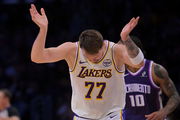
“Hated Kristaps Porzingis on Our Team”: NBA Legend Gets Brutally Honest After Warriors’ Jonathan Kuminga Trade
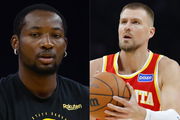
“I’m Sorry”: Steve Kerr Makes Emotional Confession After Jonathan Kuminga Trade
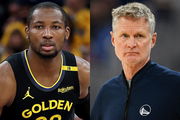
Chris Paul Thrown Out of Country for $7M as Clippers Trade Deepens Future Uncertainty
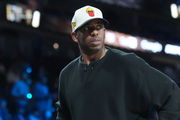
“Doesn’t Happen Without Steph Curry”: Steve Kerr Credits Warriors Star for Caitlin Clark’s Fandom
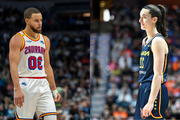
Coach Chuck Daly’s warning that transformed legends into absolute machines!
If you ever wondered what flipped the switch for the Dream Team in 1992, Charles Barkley just gave us the answer, and it wasn’t the scrimmages in Monte Carlo. “Chuck Daly says, ‘You guys do know if we lose this will be the greatest upset in sports history, right?’” Barkley recalled. “We’re like, ‘Oh, never even thought about it like that.’ Right? He says, ‘You guys, we can’t be f—– around.’ And then from that point on, we’re like, ‘K—. Just k—.’”
Barkley admitted they weren’t aiming to run up the score, but Daly’s warning stuck: “They call y’all the Dream Team. It’ll be a nightmare if we lose.” From that moment, it was game over for everyone else. And they really did kill. The Dream Team didn’t just win—they bulldozed the entire Olympic field in Barcelona. They dropped over 100 points in every single game and averaged 117.3 points, outscoring the legendary 1960 U.S. team by 15 points per game. The margin of victory? A wild 43.8 points per game. Their closest game was a 117-85 blowout in the gold medal match against Croatia. Yup, that was their closest. And just to show how absurd their dominance was, Chuck Daly, their head coach, never called a single timeout throughout the 8-game tournament. Not one.
Off the court, though? It was luxury, laughs, and a whole lot of leisure. “Every day after practice, we would go to the rooms and play cards and just kind of sit around, talk, and smoke cigars and things,” Scottie Pippen once said. And that was the tame version. Sports Illustrated painted a clearer picture: “The team’s daily schedule called for two hours of basketball followed by 22 hours of golf, g——-, and gaping at the sights. N— beaches and models were a three-point shot away, sometimes closer.”
It was less of a training camp and more of a rockstar tour with the most unstoppable basketball squad ever assembled just casually strolling into arenas and wiping the floor with the world.
ADVERTISEMENT
ADVERTISEMENT
ADVERTISEMENT
ADVERTISEMENT